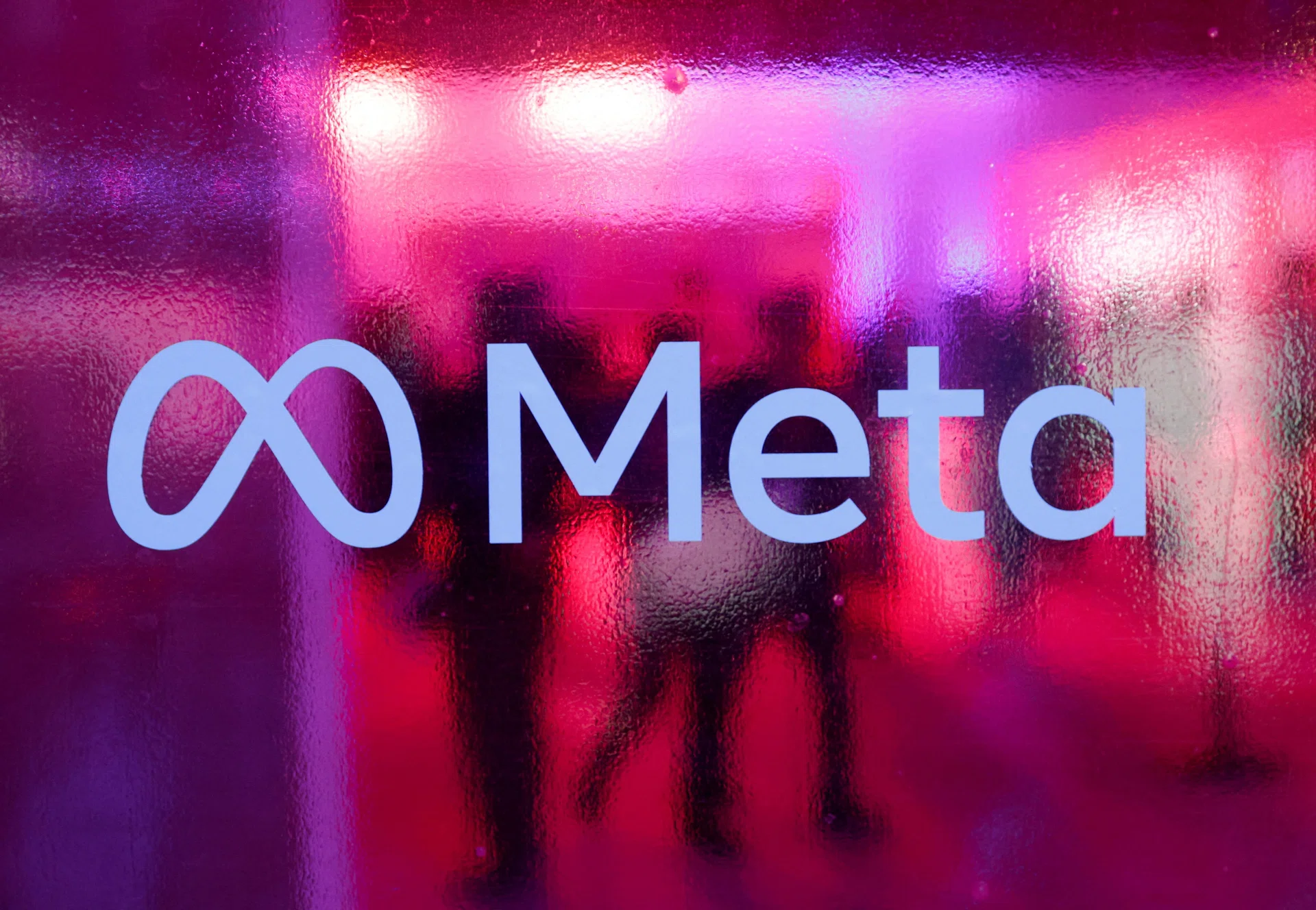The Rise of AI and Tech Innovations: A Review of Recent Developments
Author: Jane Doe

In the rapidly evolving landscape of technology, artificial intelligence (AI) has emerged as a transformative force that is reshaping industries and daily life. Major corporations are increasingly looking towards AI to enhance their products and services, positioning themselves at the forefront of this change. This article reviews recent developments in AI from leading tech companies such as Meta, Tesla, and Apple, which showcase how innovation is driving competitive advancements.
On June 20, 2025, reports emerged that Meta, the parent company of Facebook, had engaged in talks to acquire several AI startups, including Perplexity and Thinking Machines. These discussions are part of Meta's strategy to bolster its presence in the AI space as it recognizes the growing importance of AI technologies. The CEO, Mark Zuckerberg, is reportedly interested in integrating these startups' technologies to enhance Meta's existing platforms, thereby creating a more robust AI ecosystem.

Meta CEO Mark Zuckerberg discussing recent acquisitions in AI.
Interest in AI-driven solutions has also spurred competition among tech giants. In the race for AI supremacy, companies like Google and Microsoft are investing heavily not just in startups but also in developing their in-house solutions to integrate AI capabilities into their existing frameworks. This trend speaks volumes about the high stakes involved as the technology sector strives for innovation and efficiency.
In another noteworthy development, Tesla has recently invited a select group of participants to join a trial for its new robotaxi service in Austin, Texas. This service is being closely watched not just for its potential to revolutionize transport but also for the integration of AI in monitoring passenger safety. The trial is set to offer valuable insights into the viability of autonomous vehicle operations and their acceptance by the public. A recent report highlighted that trials such as these are crucial as they pave the way for broader adoption of self-driving technologies.

Tesla's robotaxi service trial in Austin aims to revolutionize transportation.
Meanwhile, the healthcare sector is undergoing significant transformations as AI technologies are used to enhance security measures against cyber threats. Recently, Alberta Health Services has begun employing advanced AI systems to prevent and mitigate the impacts of cyber attacks, which can cost hospitals up to $600,000 per hour. With healthcare providers increasingly targeted, the integration of AI in safeguarding data is not only necessary but vital for the continuity of care.
Despite the opportunities that AI brings, it is not without challenges. For instance, Apple faces legal action from shareholders who claim the company misrepresented its AI capabilities regarding the Siri voice assistant. The lawsuit highlights the pressure on tech companies to not only innovate but also provide transparent and realistic timelines for their technological advancements. Investors are keenly observing how these companies are managing their narratives surrounding AI adoption and integration.

Shareholder lawsuit against Apple raises questions on transparency over AI innovations.
Furthermore, Huawei has recently unveiled HarmonyOS 6, showcasing its commitment to developing AI features within its ecosystem. The launch is strategically timed as Huawei navigates its way through geopolitical challenges while operating towards ecosystem independence. The company’s release of a developer beta aims to attract a wider audience of developers, ensuring that innovative applications built on this new OS will thrive. As the global marketplace for technology continues to tighten, Huawei's push signifies a bold step forward.
As demands for AI technologies escalate, new regulations will likely emerge to govern the growing capabilities of AI systems. The implications for privacy, security, and ethical considerations are immense, and stakeholders from various domains must engage in discussions to shape suitable frameworks. The ongoing dialogues surrounding AI ethics and governance indicate that as technology advances, so too must our collective approach to its oversight.
In summary, the recent surge in AI-related developments among tech giants underlines a pivotal moment in the technology sector. Companies are embracing AI not just to enhance efficiency but to compete and lead in the highly sought-after market. From Meta's acquisition initiatives to Tesla’s trials and Apple's legal troubles, it is evident that the integration and governance of AI technologies are crucial for future successes. As we progress, adaptive strategies will be crucial for these companies to navigate through the challenges and leverage the opportunities that AI has to offer.
The evolution of AI continues to be a compelling narrative—one that combines innovation, industry challenges, and diverse applications. Stakeholders ranging from corporate leaders to consumers will play an essential role in shaping the future of AI and its integration into everyday life. As advancements continue to unfold, keeping a watchful eye on these developments will be necessary for understanding how technology and society intertwine.